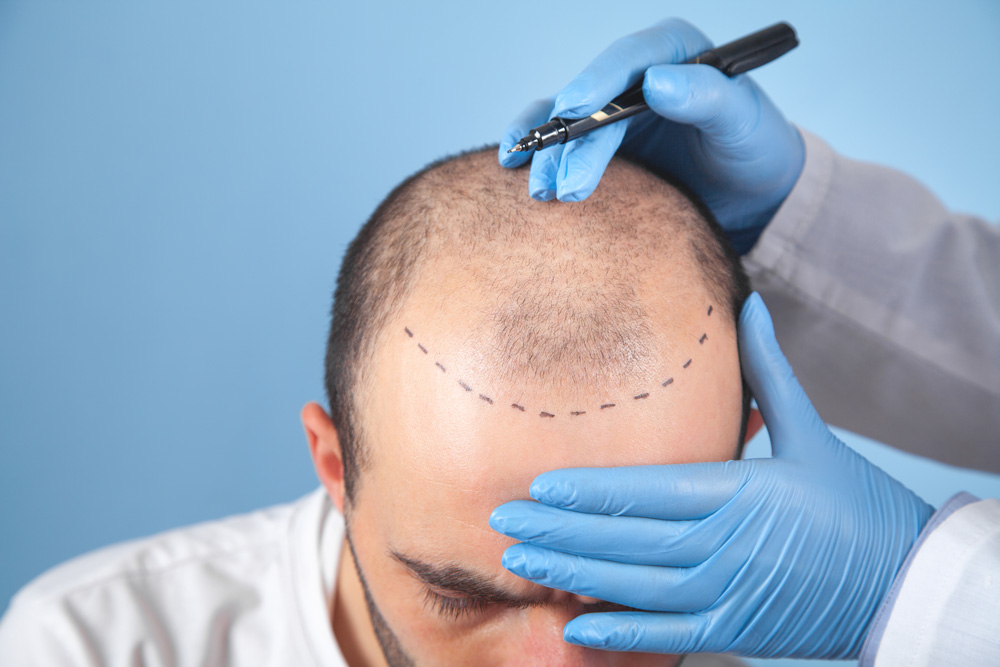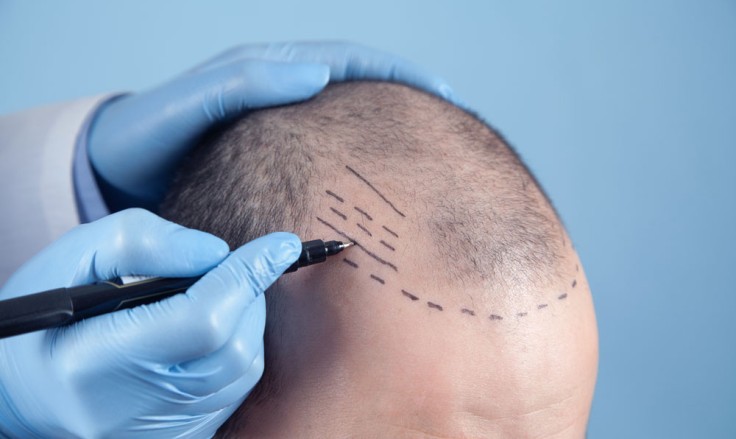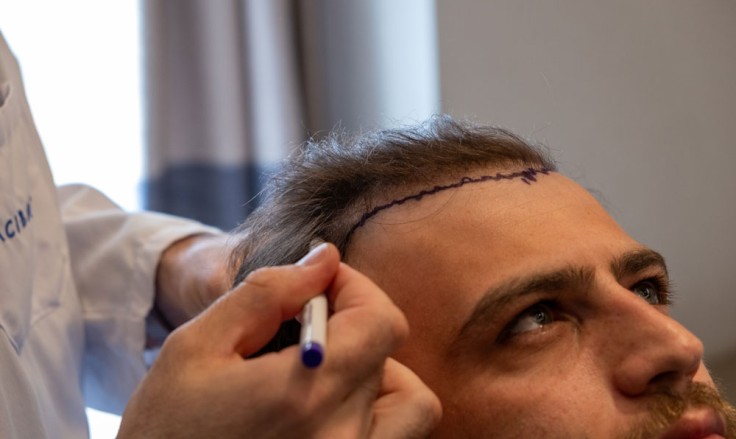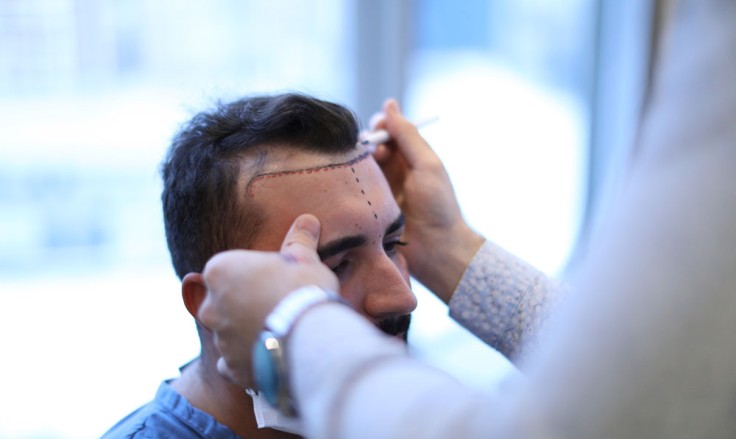How Long Does It Take for Hair to Grow After a Hair Transplant?
Introduction
Hair growth after transplant is a key concern for many patients. Most individuals ask, "How long does it take?". In truth, healing is a gradual process. Results vary by individual, surgical technique, and care. Furthermore, a proper understanding of the timeline is essential. This article explains the expected phases of hair growth after transplant. It also offers expert tips and aftercare guidance. Ultimately, knowing the facts about hair transplant procedures can boost your confidence and recovery.
Understanding the Hair Growth Cycle
Hair growth after transplant follows a natural cycle.
- Resting Phase:
- Transplanted hairs first enter a dormant state.
- This phase typically lasts a few months.
- Growth Phase:
- New hair begins to emerge gradually.
- Growth is steady but varies from person to person.
- Maturation Phase:
- Hairs thicken and mature over time.
- The final results may not appear for a year or more.
In short, patience is necessary during this process. Consulting with your surgeon before the procedure can explain each stage in detail.
Timeline of Hair Growth
Hair growth after transplant does not happen overnight.
- First Month:
- Initially, transplanted hairs may shed.
- Do not worry; this is normal.
- Months 2 to 4:
- Hair remains in a resting state.
- Little to no growth is visible.
- Months 5 to 7:
- New hairs begin to emerge slowly.
- Results vary based on the main keyword Hair Growth After Transplant.
- Months 8 to 12:
- Hair thickens and becomes more apparent.
- Noticeable improvement can occur.
- After 12 Months:
- Final results may be evident.
- Some patients see continued improvement even later.
Overall, a full year is often required for optimal outcomes. Remember - individual experiences may differ and hair transplant results are different for everyone.

Factors Affecting Hair Growth After Transplant
Multiple factors influence Hair Growth After Transplant.
- Age and Genetics:
- Younger patients typically enjoy faster growth.
- Genetic predisposition affects healing speed.
- Surgical Technique:
- Advanced methods yield better results.
- Minimally invasive techniques may speed recovery.
- Post-Operative Care:
- Proper aftercare is vital to promote growth.
- Following medical advice enhances outcomes.
- Lifestyle:
- A balanced diet and adequate sleep are essential.
- Avoid smoking and stress for improved results.
On top of these factors, individual health plays a significant role. There are other factors like medication and scalp condition which matter, equally.
Aftercare Tips for Promoting Hair Growth
Taking care after your hair transplant is crucial.
- Follow Your Surgeon’s Instructions:
- Adhere strictly to aftercare guidelines.
- Attend all follow-up appointments.
- Maintain a Healthy Diet:
- Consume foods rich in vitamins and proteins.
- Hydrate well to support tissue repair.
- Use Recommended Topical Treatments:
- Some doctors suggest using minoxidil.
- These treatments may boost hair growth.
- Avoid Excessive Sun Exposure:
- Protect your scalp from UV rays.
- Wear a hat if you are outdoors.
- Exercise Gently:
- Light physical activity improves circulation.
- Do not overexert during early recovery.
All in all, these steps help optimise Hair growth after transplant. Furthermore, consistent care speeds up the overall process and ensures the best recovery results.
Conclusion
In summary, hair growth after transplant is a gradual process that requires patience. Initially, patients can expect a shedding phase followed by a dormant period. Then new hair begins to grow, and significant improvement typically appears after 8 to 12 months. Equally, factors such as age, technique, and aftercare greatly influence the final results. With diligent post-operative care and realistic expectations, you can achieve natural and lasting outcomes. Ultimately, consulting with an experienced surgeon will ensure your recovery is on track and that your expectations align with the reality of Hair Growth After Transplant.
For more information on hair transplants and to book a consultation visit the ACIBADEM Beauty Center Hair Transplantation webpage.




